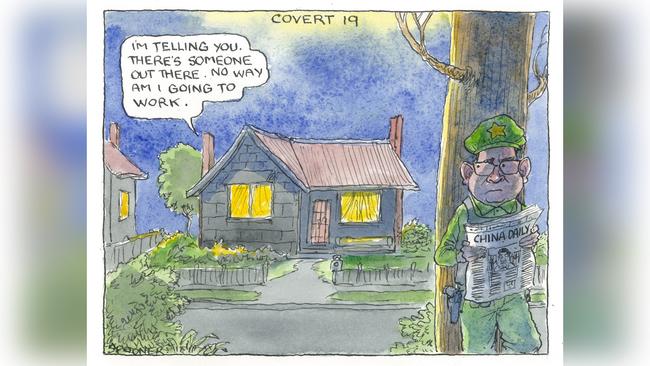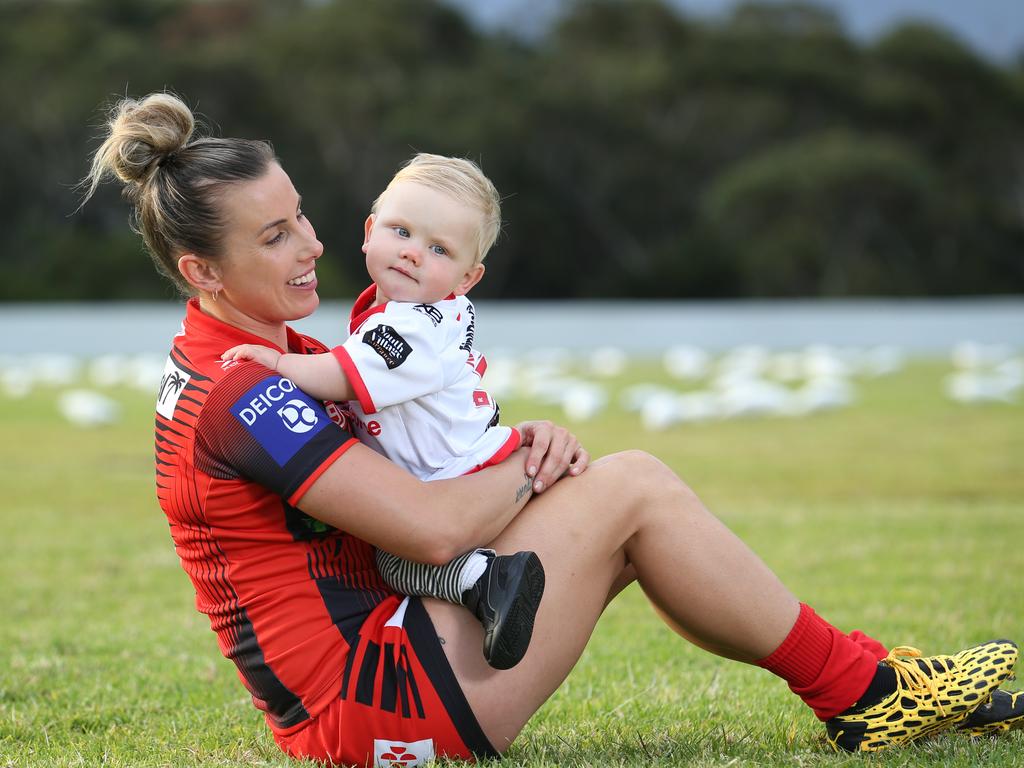
The surprise leader of the push is Reserve Bank boss Philip Lowe, who worries about an effective fiscal tightening at the end of September, when the JobSeeker increases and JobKeeper payments stop. The government will provide some support going forward and won’t let the economy simply fall off a cliff.
The hard part is defining which part of the economy really needs help, which is a tricky political issue because the last thing the government wants to do is hand over wages subsidy to a foreign-owned company paying minimal tax.
The list of those that really need support will readily grow and at some point Treasurer Josh Frydenberg will have to say no.
He also needs to set a defined period for the largesse, or face the danger of creating a culture of dependency which will destroy any hope of an entrepreneurial economy the government will want to restore.
Risk is good.
September is also when the banks will end their mortgage “holidays”. There is around $1.9 trillion in bank loans outstanding and APRA boss Wayne Byers said this week that $250bn of this has been deferred.
The banks weren’t really offering you a holiday — all they were doing is saying don’t bother paying us back for a while.
They will actually make more money from you because they will extend the term of the loan and interest owed will build up, and the bank books revenue for the interest built.
There is not a lot of charity involved in this equation.
JobSeeker was increased from $550 to $1100 a fortnight as part of the rescue package and there is debate about how much it should be cut back.
That is a separate exercise from the fiscal stimulus RBA governor Lowe is talking about.
If the JobSeeker payment should be permanently higher, then so be it.
JobKeeper is the money being paid to help people stay in a job and this is the bit that worries economists.
Some say it should be phased out, or paid to certain sectors which have been doing it tough in the shutdown.
At some point the tap needs to be shut off and the sooner we have some timetable for that, the better it is for everyone.
The reality is that if the economy falls by 5 per cent this year it is going to take until the end of 2022 to return to 2019 year-end levels, because simple maths shows it takes more than a 5 per cent increase to get back to square one.
The same goes for the unemployment rate.
The good news from Friday was the extension of the national cabinet, which has served the country well in the crisis.
A forum where state and federal leaders can decide national policy is clearly politically appealing because opposition parties are locked out and, if treated well, leaders from different sides of the aisle can reach agreement.
ASIC’s test case coup
ASIC has scored a stunning victory against Bendigo and Adelaide Bank, with the Federal Court finding six of its small business loan contracts to be unfair.
ASIC took the case to court in 2018 after earlier pressuring the big four to rewrite dodgy loan contracts with small business, and Bendigo was a test case for the small banks. Insurance companies will shortly be bound by the same terms, which at least gives small businesses a chance in dealing with the behemoths.
Pandora’s box
House economics committee chair Tim Wilson calls it diligence, industry super funds call it bordering on a near-abuse of parliamentary privilege.
The villain in the piece is the circa 1500 questions Wilson has sent to the industry super funds in an effort to research the industry.
The questions — which have come in three tranches in the last year, with the latest due to be handed in the middle of June — fall into predictable patterns.
Wilson argues it’s better to get the basics down so when the committee is actually hearing from a witness the veracity of the written answers can be tested.
That’s fine but the industry is in the midst of answering 1.7 million requests for money back under the government’s refund scheme on top of its day jobs, so time is not exactly abundant.
The central theme naturally enough is the sole purpose test (which means the fund’s primary purpose is to maximise member returns).
Predictably enough, given Wilson is a good Liberal Party member, the questions to the industry funds centre on the relationship with the ACTU, IFM and other “in-house” contacts. Wilson says he asks the retail funds the same questions as the industry funds, which surprises.
Details sought have raised eyebrows, like advertising policy and relationship with Google et al. Google runs auctions for its words so search the word superannuation and whoever has bid the highest price gets to the top of the page. To save you looking: search industry super and AustralianSuper comes in top, followed by First State and then HESTA.
The parliamentary scrutiny follows the financial services royal commission, which went out of its way to endorse superannuation fund advertising, so the question is: why is Wilson concerned?
Detailed questions on fund advertising and recruitment policies may of course help competitors but Wilson stressed his interest is sole purpose.
APRA and ASIC of course fall into his realm and both of these regulate the industry and ensure governance standards are OK but the committee rightly has oversight over these bodies.
The biggest complaint was repetition, with the same questions asked each time. Wilson has of course reframed some around fund liquidity in view of the member withdrawals, use of proxy advisers, investments in IFM and infrastructure investments around the world.
The impact of asset writedowns and sharemarket volatility feature in the latest round of questions. Wilson also wants to know of any loans or support to REST and Hostplus whose members have been hit most in the COVID-19 shutdown.
The prevailing government view is that funds should be diversified in terms of their investment and membership base.
These details are publicly available in fund annual reports but it’s different when the funds are being asked by parliament. Other favourites include the art collection established by the late Mavis Robertson at CBUS, and interest in whether other industry funds also have an art collection.
Funds have the option of not answering commercial-in-confidence questions, but this is open to attack. If the superannuation industry is fed up with the questions then not to worry, it’s the banks’ turn next.








When the government turned on the fiscal tap to support the economy through the COVID-19 crisis, the hard part was always going to be turning it off. Already a conga line has formed, demanding the tap stays on.